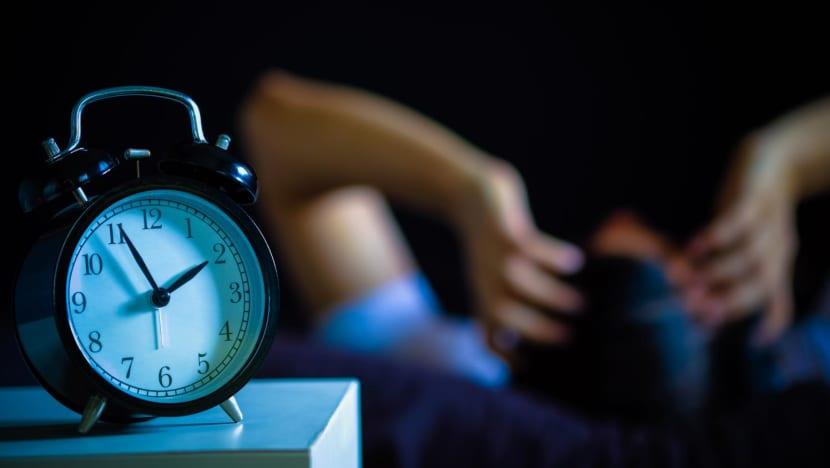During the early phases of the pandemic, and especially during lockdowns and stay-at-home orders, many people reported disruptions to sleep and their sleeping patterns. As COVID-19 infections have increased, we’re again seeing reports of people experiencing poor sleep during and following COVID-19 infection.
Therefore, players xoสล็อต วอเลท must study the techniques to meet the player's own needs. We recommend the basic techniques to play: make money at a time with a slot game credit that is not too much.
Some people report insomnia symptoms, where they struggle to fall or stay asleep, with this commonly being referred to as “coronasomnia” or “COVID-19 insomnia”. Others report feeling constantly fatigued, and seemingly can’t get enough sleep, with this sometimes being referred to as “long COVID”.
So why is our sleep impacted by COVID-19 infections, and why do the impacts differ so much between individuals?
When our body is infected with a virus, this causes an immune, or inflammatory, response. As part of this response, our cells produce proteins, such as cytokines, in order to help fight the infection.
Some of these cytokines are also involved in promoting sleep and are known as “sleep regulatory substances”. In this way, when there are more of these cytokines in our bodies, this tends to make us sleepier.
It gets a little more complicated though because, like many things, sleep and immunity are bidirectional. This means sleep, in particular poor sleep, can impact immune function, and immune function can impact sleep.
During sleep, especially during the non-rapid eye movement stage of slow-wave sleep (a deep stage of sleep), there is an increase in the production of some cytokines. As such, sleep increases the immune response which may increase our chance of survival from the infection.

